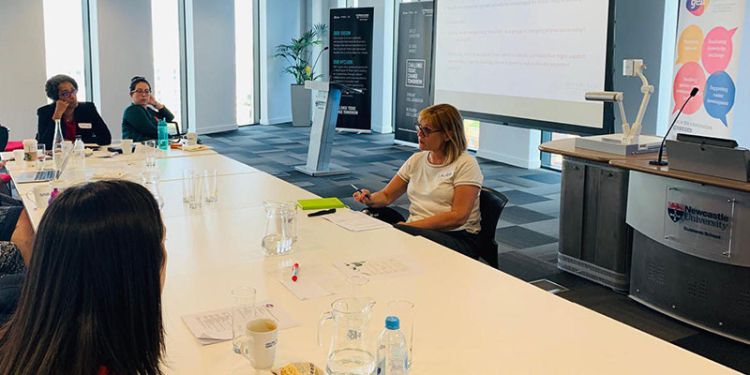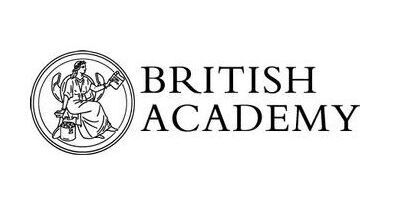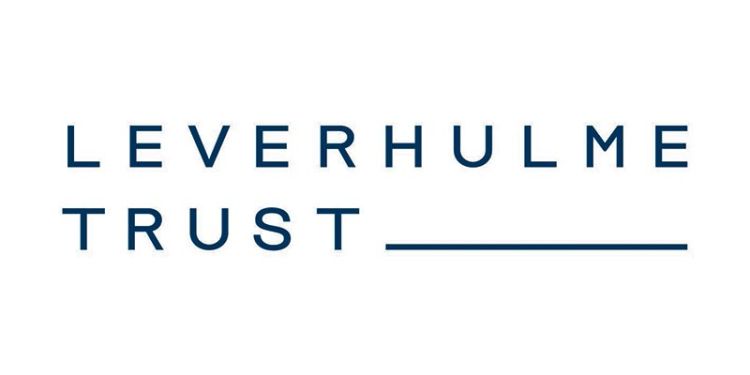Research project
Why the poor outcomes? An examination of motivations in a context of poverty entrepreneurship
- Start date: 1 June 2017
- End date: 1 December 2019
- Funder: The British Academy and The Leverhulme Trust
- Principal investigator: Dr Isla Kapasi, @islakapasi

Description
Publications and outputs
In May 2019, Professor Laura Galloway took part in a Think Space event on Intersectionality at Newcastle University Business School, supported by the Institute for Small Business and Entrepreneurship’s Special Interest Group on Gender and Enterprise. Laura presented research and findings entitled Poverty and enterprise: revisiting social class through the lens of intersectionality as part of this project.
The event brought together international experts interested in extending theory and research in entrepreneurship, and engaging with the complexities of drivers and experiences of self-employment and business. The two-day event provided space for discussion and development of ideas about the effects of intersectionality on minority and marginalised experiences of entrepreneurship. This was an important first event discussing some initial findings from the research project and the feedback from the event has been valuable in developing our thinking.




